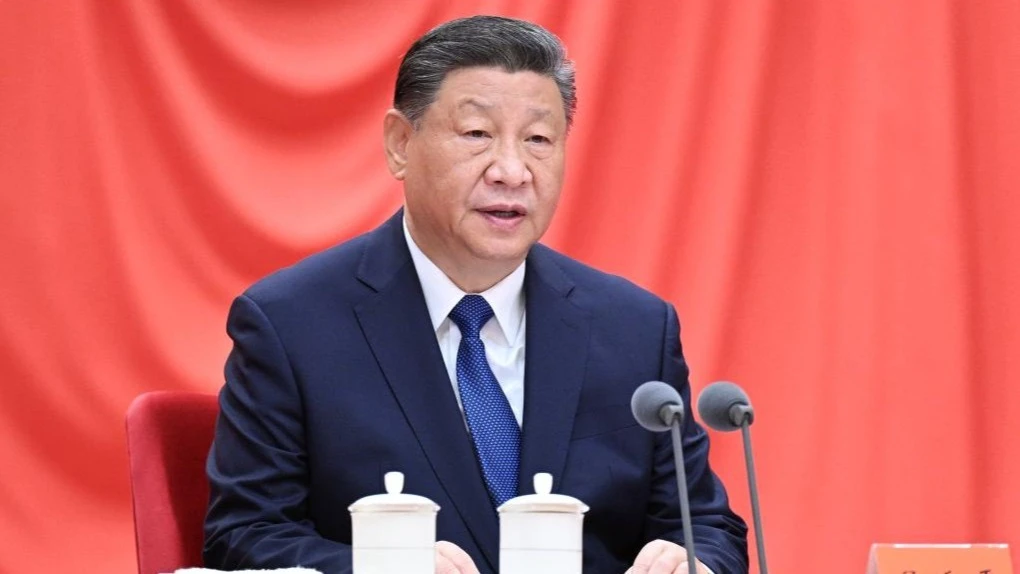NFRA starts sugar imports by March

THE National Food Reserve Agency (NFRA) will in two months start importing sugar.
Dr Andrew Komba, the NFRA chief executive officer, shared this update in an interview over the weekend, stating that the Sugar Board of Tanzania (SBT) has directed the agency to begin sugar imports within two months.
The agency has arranged for suitable storage facilities in Dar es Salaam and Mwanza, he said, noting that the country's sugar supply is stable, at present but buffer stocks will be needed more or less rapidly.
“SBT has instructed us to prepare for imports starting in March," he said, not8ing that Dar es Salaam and Mwanza were picked for storage facilities due to their large populations.
They are more likely to be affected in case of a sugar shortage, he said, stressing that the agency is ready and equipped for sugar imports. The board has promised to issue an import permit by March, he stated.
NFRA will import sugar under the supervision of the relevant authorities, with the target of purchasing at least 92,000 tonnes as a buffer against potential price hikes and to address emergencies.
Additionally, sugar will be sourced from various domestic suppliers, with intent to provide reserves when stocks run low, thus prior imports obviate the recurrence of sugar supply emergencies and price hikes.
The NFRA has also begun purchasing other crops, including peas, beans, lentils, maize, rice and sorghum, with the government having allocated over 202bn/- to the agency for sugar imports.
The decision to mandate the NFRA with sugar imports and storage followed misconduct by sugar planters to import sugar and repackage it as their own and selling at inflated prices.
Efforts to control the situation in the 2024/2025 budget discussions had the Finance minister, Dr. Mwigulu Nchemba demanding that sugar producers “be required to disclose production costs and publish regional distributors.”
The minister intimated that NFRA will phase out monopoly distribution with only five agents countrywide, a series of measures coming eight years after sugar imports were stopped and prices rose from 2,000/-to even 7,000/- per kilo in far off upcountry regions.
To expand its other crop storage capacity, NFRA has been leased 19 warehouses by the Tanzania Initiative for Preventing Aflatoxin Contamination (TANIPAC), chiefly to meet growing cereal demand in neighboring countries.
The agency is also working on a project to build modern silos in various regions, with maize production having increased since President Samia Suluhu Hassan directed a significant price increase for farmers.
Currently, it holds 739,000 tonnes of cereals in storage, he said, affirming that 3m tonnes will be gathered in NFRA warehouses by 2030.
NFRA obtained 35bn/- last year to enable expanding storage capacity to 0.7m tonnes, with new warehouses built and the renovation of cereal storage facilities at various NFRA centers, he explained.
The agency will resume halted projects to build modern silos in Ruvuma, Songea, Songwe, Shinyanga, Dodoma and Makambako, he said.
At present NFRA operates 72 purchasing points across eight regions, listed as Dodoma, Kipawa (Dar es Salaam), Makambako Njombe Region), Songwe, Sumbawanga in Rukwa Region, Babati (Manyara Region), Shinyanga, and Songea.
NFRA intends to purchase grains in quantities of 2,000 tonnes or more from large-scale traders, while also buying from cooperative societies where farmers channel their produce, he added.
Top Headlines
© 2025 IPPMEDIA.COM. ALL RIGHTS RESERVED






















